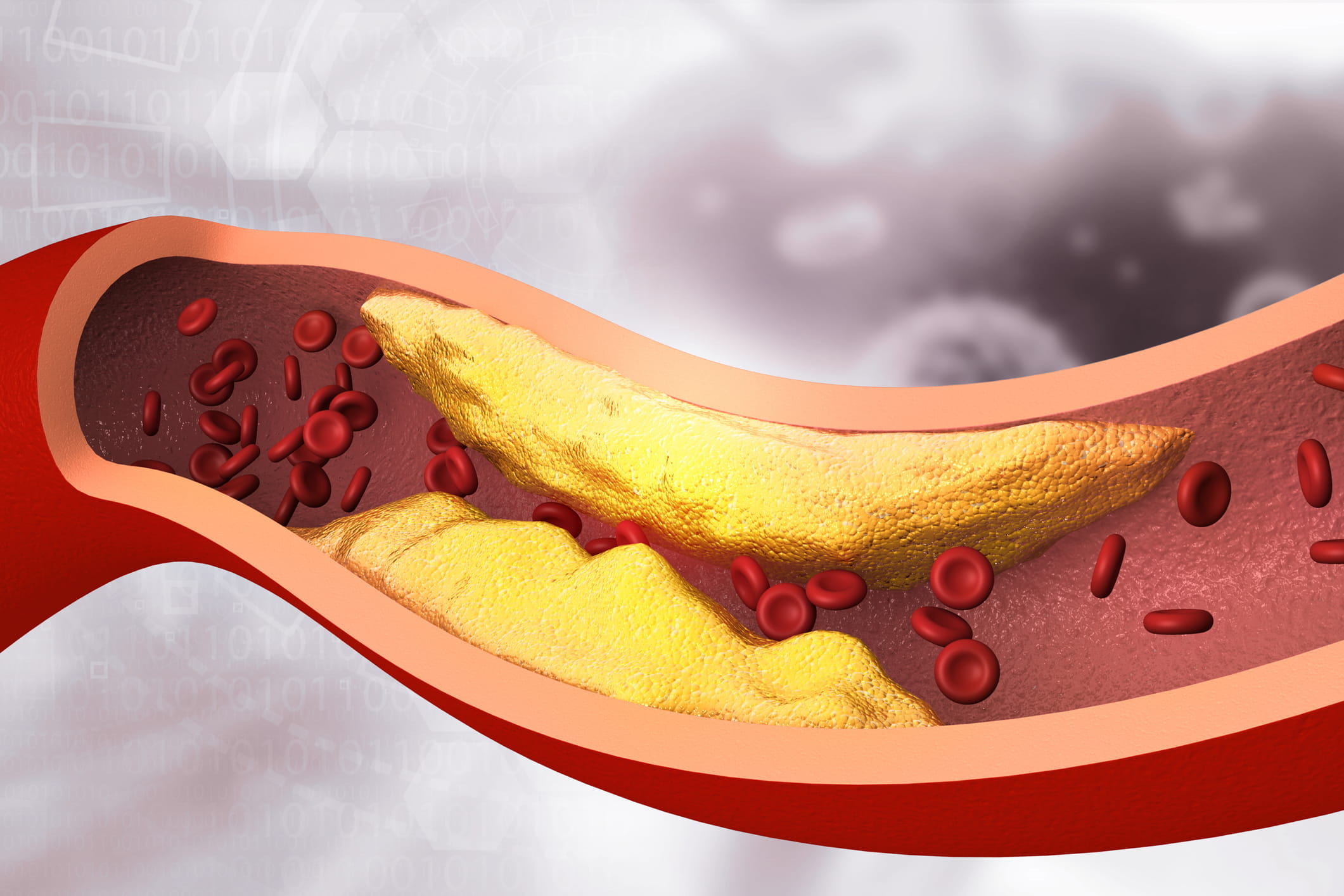Deciding if a coronary calcium screening is right for you

Understanding your risk for heart disease is a crucial step toward managing your health. One innovative tool for assessing this risk is the coronary calcium score. This test delivers unique, personalized insights into your heart disease and heart attack risk, offering details that no other screening can provide. It's an essential tool in the ongoing fight against heart disease.
Whether you're newly diagnosed, seeking a second opinion or exploring advanced treatment options, this test could be a valuable addition to your heart health strategy.
What is a coronary calcium score and how is it measured?
A coronary calcium score is derived from a specialized imaging test called a coronary artery calcium (CAC) scan.
"This screening is designed for those who might feel well but have underlying risk factors for coronary artery disease, such as high cholesterol, smoking, high blood pressure or a family history of heart disease," says Justin Lingel, MD, FACC, a cardiologist at Lankenau Heart Institute. "It utilizes advanced imaging technology to detect the presence and quantity of calcium-containing plaque within your coronary arteries."
This plaque build-up can signify the presence of coronary artery disease, even if you have no symptoms. By measuring the calcium deposits, the coronary calcium scan provides of your heart health, allowing you and your doctor to make informed decisions about preventive measures and treatments.
Who should consider getting a CAC scan?
Deciding whether to get a coronary calcium scan can be a pivotal step in managing your heart health. This test is particularly beneficial for individuals with specific risk factors, such as a family history of heart disease, high cholesterol, high blood pressure or smoking.
"A coronary calcium score can help detect issues before symptoms arise, allowing you and your healthcare provider to make more informed decisions about preventive strategies and treatments," says Dr. Lingel.
Discussing the option of a CAC scan with your healthcare provider is essential, especially if you have existing risk factors or are concerned about your heart health. By proactively considering this screening, you can gain a clearer understanding of your heart disease risk and take appropriate steps to manage your health effectively.
CAC scores are obtained using a CT scanner which involves X-ray technology and, as a result, you'll be exposed to a small dose of radiation. While radiation from a single CT scan is typically not dangerous, you should discuss your concerns with your doctor. If you're pregnant, you may wish to wait until after you have delivered.
Understanding your Agatston score and its implications
The results of your coronary calcium scan come in the form of an Agatston score, a critical metric for evaluating your heart health. A score of zero suggests with 95% certainty that you do not have significant blockages in the arteries of your heart. Scores above zero indicate varying degrees of plaque build-up, with higher numbers signaling more build-up.
If your score is higher, you may be able to simply adopt healthier lifestyle habits and continue monitoring your heart health, though this plan should be discussed with your physician. Simple changes like a balanced diet rich in fruits, vegetables and whole grains, coupled with regular exercise, can significantly lower your risk. For those who smoke, quitting becomes even more urgent.
Your healthcare provider might also recommend medical interventions, such as medications to control cholesterol and blood pressure, based on your score. In addition to lifestyle modifications, your coronary calcium score can guide more personalized medical care.
"If your score indicates a higher risk, we may discuss the option of starting or adjusting certain medications to more effectively manage cholesterol levels. Regular follow-ups and additional screenings may become part of your health regimen to keep track of any changes over time," says Dr. Lingel.
By leveraging your coronary calcium score, you and your healthcare team can develop a comprehensive, proactive plan to manage your heart health. This personalized approach ensures that you are taking the most effective steps to reduce your heart disease risk and improve your overall well-being.
Seeking specialized care and treatment options
A high coronary calcium score can be a cause for concern, but it doesn't automatically mean that your arteries are critically narrowed. Talking with your doctor to determine the next steps is your best course of action.
Your healthcare team can help you understand your score within your overall health profile, guiding you in making informed decisions about your care.
Consulting with your physician can help you understand the significance of your coronary calcium score and navigate the best course of action tailored to your specific needs. This proactive approach ensures that you're taking comprehensive steps to manage your heart health effectively, helping to reduce your risk of heart disease and improve your overall well-being.
Next steps:
Schedule an appointment with Justin Lingel, MD, FACC
Learn more about heart and vascular care at Main Line Health
Expanding treatment options for heart failure through clinical trials
 Content you want, delivered to your inbox
Content you want, delivered to your inbox
Want to get the latest health and wellness articles delivered right to your inbox?
Subscribe to the Well Ahead Newsletter.
